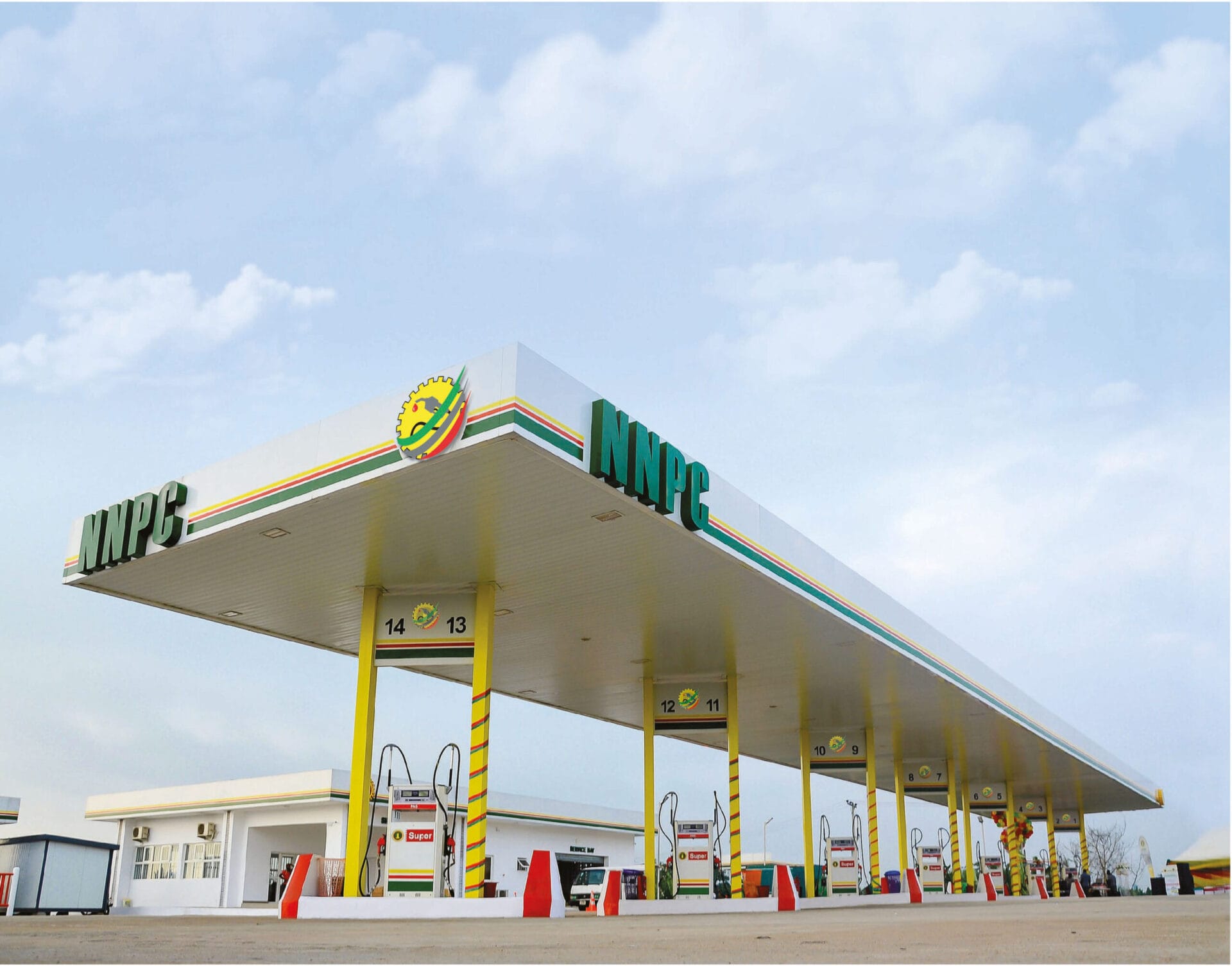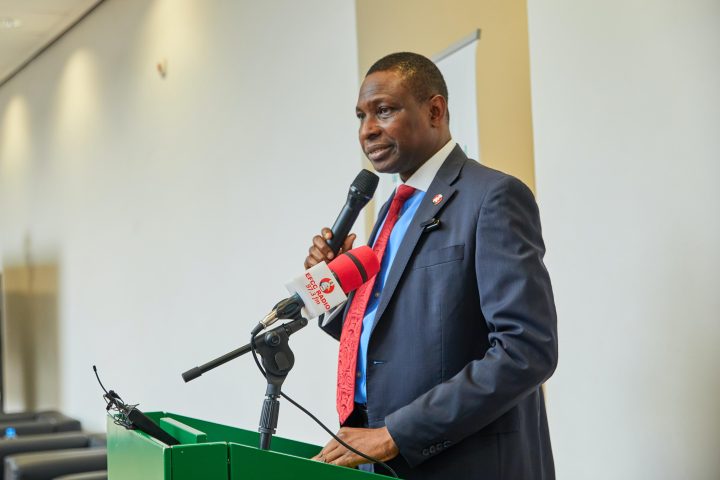Top professionals in the oil and gas industry have allayed fears that the much-talked-about energy transition might result in the collapse of Nigeria’s oil-dependent economy.
This formed part of the discussions in the 24th episode of the Nigeria History Series (NHS) hosted by the Centre for Values in Leadership (CVL). The virtual event took place on Sunday June 4, 2021, with the theme: “Indigenous Participation in the Oil & Gas sector”.
Join our WhatsApp ChannelThe bi-weekly series was moderated by the founder of CVL and Chairman of the Editorial Board of Prime Business Africa, Prof. Pat Utomi. Panelists included Engr. Ernest Nwapa, Otunba Lawal-Solarin, Dr. Funsho Kupolokun, Dr. Layi Fatona, and Mr. Austin Avuru.
Commenting on a question raised by Prof. Utomi on the future of the oil and gas industry, the mainstay of the Nigerian economy and predicted to be abandoned for alternative energy, former Group Managing Director of the Nigerian National Petroleum Corporation (NNPC), Dr. Funsho Kupolokun, said the situation is not as bad as being described.
“Everybody is aware of what is happening and everybody is concerned. However, I don’t think things are going to run as fast as we see because while the world is moving away from fossil fuel it is not going to be the same thing in Africa and in Nigeria, it will take a little longer. We will use our own oil, that’s the way I see it.
“The way they are talking about it in the UK and other countries, it is not going to be the same way it is going to impact us in Nigeria. But we have a duty to begin to figure what to do in the circumstance of this trend because things are moving and we have to know that in 30 years from now we are not going to be where we are now”, Kupolokun said.
Echoing Kupolokun’s sentiment, Fatona said that Nigeria should rather use energy transition as a catalyst for transformation, industrialisation, and for holistic national development instead of panicking over what would become of the economy.
“Like Engr. Kupolokun said, energy transition is not going to start tomorrow and Nigeria is unique in the context that we have well over 200 million people to cater for and when you look into the space of energy, availability, and affordability Nigeria is still some very substantial depth in adequacy.
“I strongly believe energy transition and the way we are talking about moving away from oil is an opportunity for us to use this space, this happenstance as a catalyst for transformation, for industrialisation, and for holistic national development in a way that really brings to us the benefit and full fledge energy security and independence,” Fatona said.
In his own contribution, Avuru said there is no need to press the panic button on energy transition, insisting that oil and gas will still be relevant in the next 50 years.
“In the most aggressive transition to sustainable energy away from fossil fuel by 2050 oil and gas will be contributing 35% to the energy mix in the most aggressive, which we call the next zero situation, that is if by 2050 carbon footprint is zero. That’s the most aggressive, and oil and gas will still be accounting for about 35% of the energy mix. In a likely situation where carbon footprint will be reduced by 70%, oil and gas will still be in the 50% range,” Avuru said.
Continuing, he said, “Remember that fossil fuel as we speak today accounts for 81% of the energy mix in spite of all the noise, and I am bringing this into the global perspective so that we understand that by 2050 oil and gas is not going away.”
Another discussant, Engr. Mansur Ahmed, however, believes that the fear of the impact energy transition would have on the economy should not be discarded.
“I heard what Austin Avuru said about the fact that we still have time, but that time is already going and every year we pass is changing the next ten years, so if today we say in the next 50 years we still have oil and gas, we will still have demands for oil, who guarantees that?
“What he thinks will happen in 50 years may happen in 10 years and we have seen it happen in our telecoms industry, we are now seeing it in the aviation industry, we will see it in the oil and gas industry for sure. So we need to begin to consider what is likely going to be that future and it is not going to be 50 years, it is not going to be 30 years; it is starting tomorrow,” Ahmed said.
The discussions which touched on other areas such as regulation in the oil and gas industry, among others, started around 2pm and lasted for over two hours.
















Follow Us